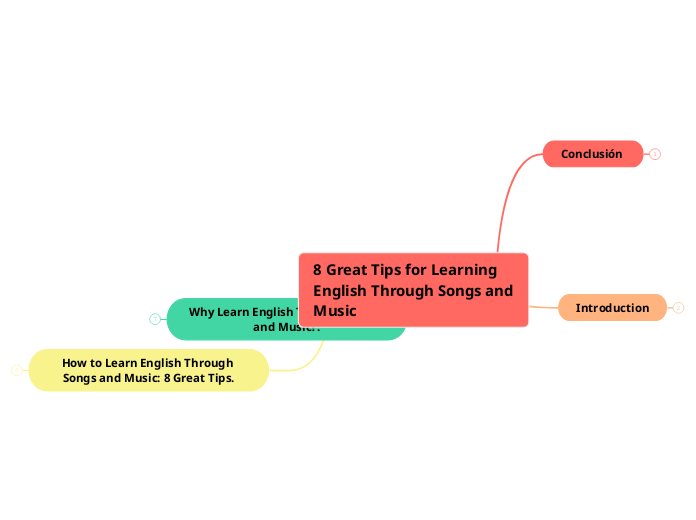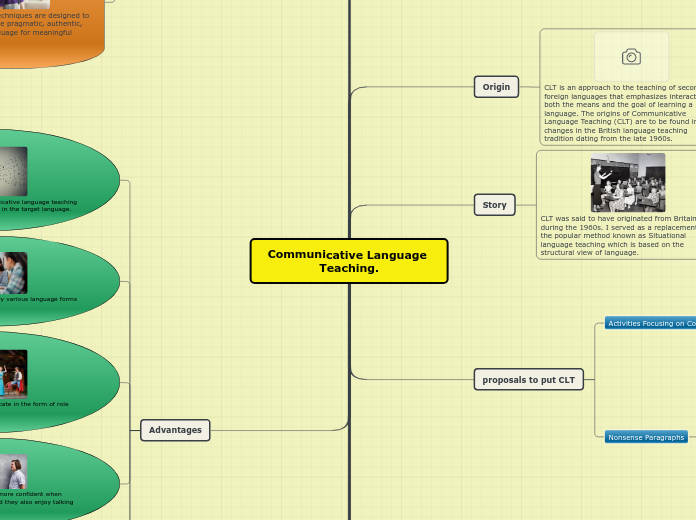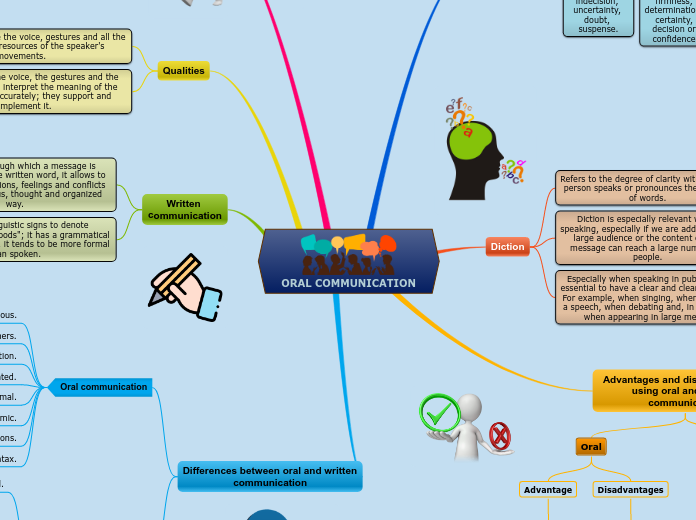af Nathaly Auquilla 1 år siden
113
8 Great Tips for Learning English Through Songs and Music
Using music as a tool for learning English can make the process engaging and efficient. It involves selecting songs based on personal preferences and their suitability for language learning.









